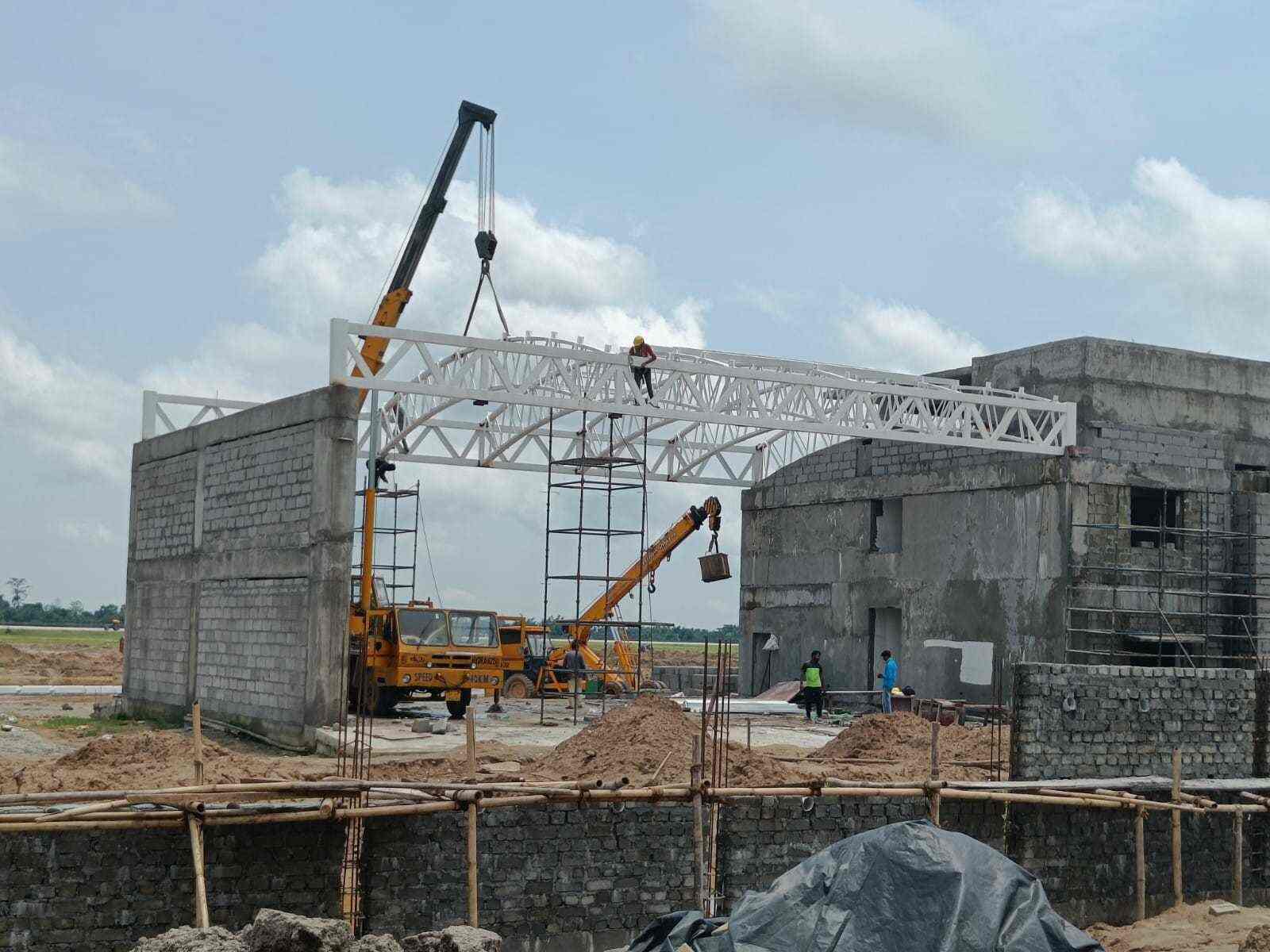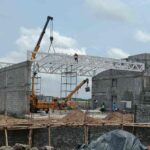In the world of road construction, you’ll frequently hear the term “CRM” tossed around. But what is the full form of this acronym and why is it so important? Let’s take a closer look at CRM and its significance for road-building projects.
CRM stands for “Crushed Rock Material” or sometimes “Crushed Rock Base.” It refers to a type of material used as a base layer or sub-base in road and highway construction.
The full form gives insights into what exactly CRM is composed of – crushed rock. This material is made by mechanically crushing quarried rock like limestone, granite or basalt down into an angular particle size blend.
CRM serves as a strong, compact foundation layer in road construction. Some key reasons why it’s so crucial include:
Structural Strength – The interlocking angular crushed rock particles provide excellent load-bearing capacity when compacted, forming a robust base able to support heavy traffic and loads.
Drainage – CRM remains porous enough to allow good sub-surface drainage to prevent moisture buildup and material deterioration.
Stability – The crushed rock material does not easily shift or become unstable over time like some other base materials.
Cost-Effective – Crushed quarry rock is widely available and relatively inexpensive compared to other specialized base materials.
In most road construction projects, the process involves laying down and compacting a sub-base layer of CRM, followed by one or more layers of CRM as the base material. Only then are the surface layers like asphalt or concrete added on top of the CRM foundation.
Without this crushed rock base material, roads would quickly deteriorate and fail due to poor load distribution and drainage issues. That’s why understanding the importance of CRM’s full form is vital for road construction crews and project managers.
Read More: Understanding ROW – The Crucial Full Form in Construction



Pingback: Unveiling VDF - The Important Full Form in Construction - Dream House Listing